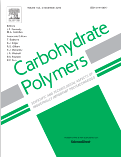 A cancer researcher has logged her fifth retraction following an investigation that concluded she had committed scientific misconduct.
A cancer researcher has logged her fifth retraction following an investigation that concluded she had committed scientific misconduct.
We’ve previously reported on four retractions of papers by Stephanie Watkins, a researcher at Loyola Medicine. The previously issued notices — in The Journal of Clinical Investigation and Cancer Research — note that an investigation committee appointed by the National Institutes of Health (NIH) found Watkins to be solely responsible for the misconduct, with none of the co-authors aware of it.
The editor of OncoImmunology previously informed us that the journal was investigating another one of Watkins’ papers; the journal has now pulled that paper, citing “fabrication and falsification of data” in the original studies referenced in the paper.
Here’s the retraction notice, published online earlier this year: Continue reading Cancer researcher earns 5th retraction after misconduct finding
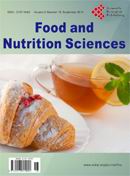 Earlier this year, a nutrition journal
Earlier this year, a nutrition journal 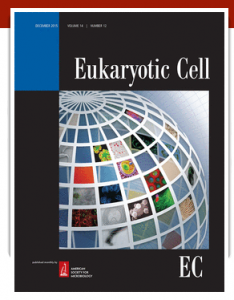

 A California court ruled that fitness empire CrossFit can proceed to trial with its lawsuit against a competitor, alleging it published falsified data that hurt the company’s reputation, according to recently released court documents.
A California court ruled that fitness empire CrossFit can proceed to trial with its lawsuit against a competitor, alleging it published falsified data that hurt the company’s reputation, according to recently released court documents.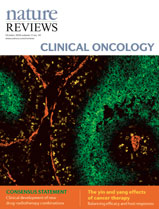
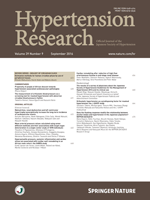 A second paper about a major randomized trial in Japanese patients with heart disease is being retracted, after an investigation reportedly found multiple problems with the paper.
A second paper about a major randomized trial in Japanese patients with heart disease is being retracted, after an investigation reportedly found multiple problems with the paper.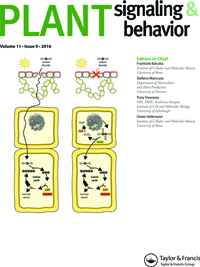 A few months ago, an author
A few months ago, an author 